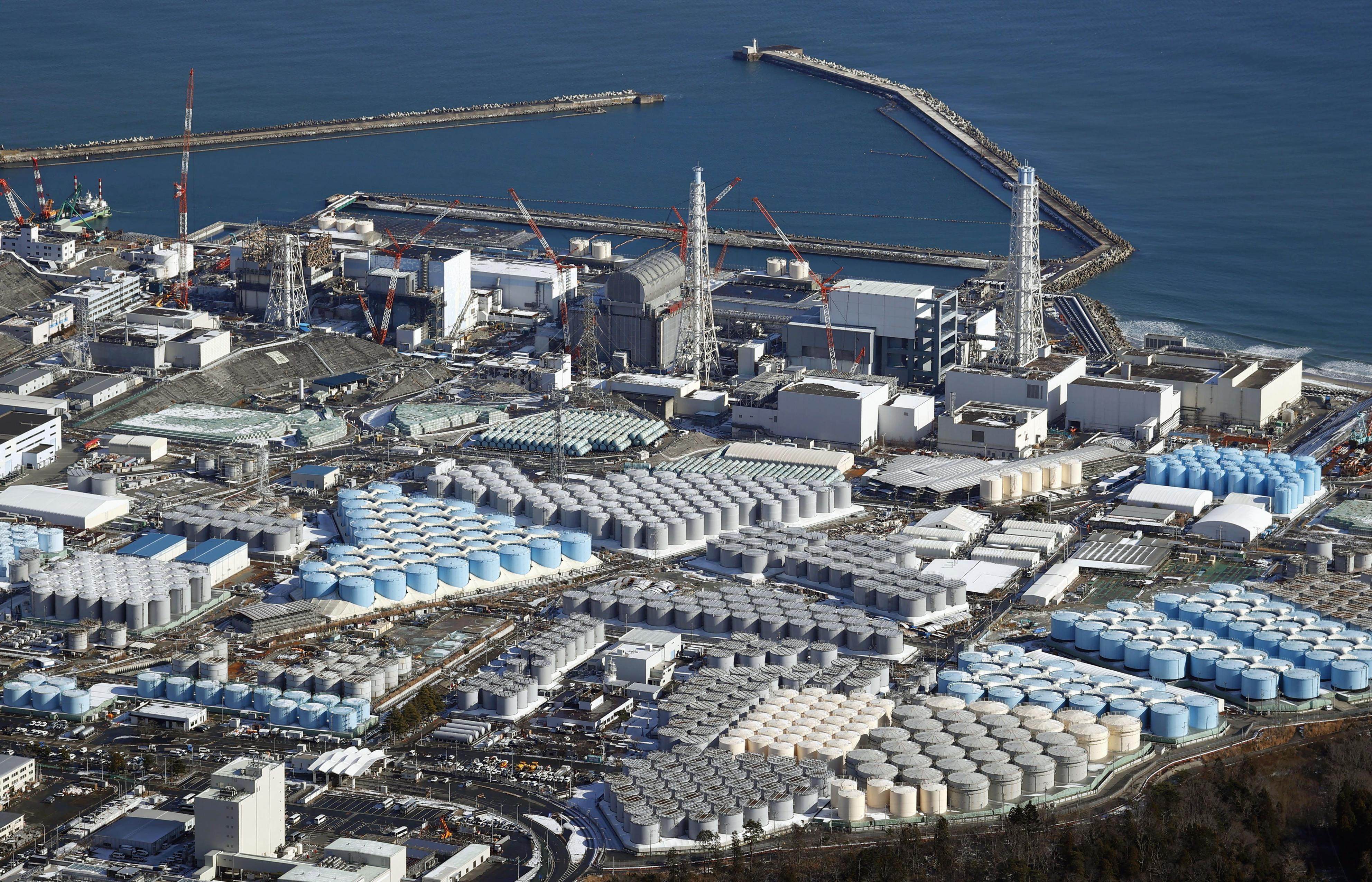
South Korea’s petrochemical industry is suffering the most severe survival crisis in recent years. According to a report by South Korea’s Chosun Ilbo, lycheon naphtha cracking center, a leading producer of petrochemical raw materials, received 200 billion won (1,000 won) from two major shareholders of Hanhua Group and DL Group in March this year, less than half a year later, another 300 billion won request for assistance. While short-term liquidity pressures have eased, there is widespread concern in the industry that this“Bottomless pit” of blood transfusions is not sustainable in the long term and that the crisis is accelerating its spread across the industrial chain and the local economy.
Located at the Lishui National Industrial Park in South Jeolla Province, South Korea, NCC is the country’s third-largest producer of ethylene. The company has lost 820 billion won since 2022 due to its over-reliance on stable ethylene production, joongang Ilbo reported. In early August, companies suspended operations at the third plant and faced the risk of default if they failed to repay the 310BN won in loans due by the 21st of this month.
Crises are not isolated cases. Korean petrochemical’s “Big Four”– Lotte Chemical, LG Chemical, Hanwha Solutions and Jinhu — made a combined profit of 9 trillion won in 2021, the Chosun Ilbo said, but it lost WON878.4 bn last year and nearly won500bn more in the first half of this year, with losses likely to widen for the full year. “Three years from now, if the current recession continues, only 50 percent of businesses will be viable,” predicts Kim Ji-hun, a representative partner at Boston Consulting who has been commissioned to advise on restructuring the petrochemical business
Many experts point out that the current round of difficulties is different from past cyclical downturns, but the structural competitiveness of the decline. The production of ethylene in Korea is mainly based on NCC plant, and the cost is higher than that of direct ethylene production in resource-based areas. Middle East energy companies rely on direct production of crude oil ethylene integrated refining projects to lower costs to participate in global competition. According to industry estimates, the price of Middle East capacity is only about 30% of that of South Korea, and Chinese products are 15% to 20% cheaper. South Korean companies into the“More sell more loss” of the predicament, general chemical products market is almost all-round compression.
According to South Korea’s joongang Ilbo, the petrochemical industry directly and indirectly brings about 400,000 jobs. Once one or two large enterprises cease production or go bankrupt, dozens of cooperative enterprises will be affected upstream and downstream, it has a serious impact on local finance.
According to the“Korean economy” reported that in this context, many enterprises to cut production or divest non-core assets to maintain cash flow. In the past year, 10 factories at the Ulsan Industrial Park have closed or ceased production, while LG Chem plans to sell its stake in the second NCC plant in Lichuan and in August announced the spin-off of its 10-year-old water treatment and filtration business.
Sinopec, along with semiconductors, steel and shipbuilding, is a basic industry in South Korea and could choke the manufacturing supply chain at any time if it is captured by overseas competitors, Joongang said. It is generally believed that the government should rescue the market. Liu Chengxun, a Seoul National University of Science and Technology Professor, suggested a government-led push to consolidate companies and upgrade industries, or risk a systemic downturn in the local economy.
According to the Yonhap News Agency, South Korea’s Ministry of Industry, trade and resources is speeding up the introduction of follow-up support measures, based on the“Petrochemical Industry Competitiveness Enhancement Plan” issued in December last year, the plan will guide enterprises to push forward plant integration, business divestment, equipment closure and mergers and acquisitions, etc. , and supporting about 3 trillion won policy financial support, including 1 trillion won special funds for structural transformation.